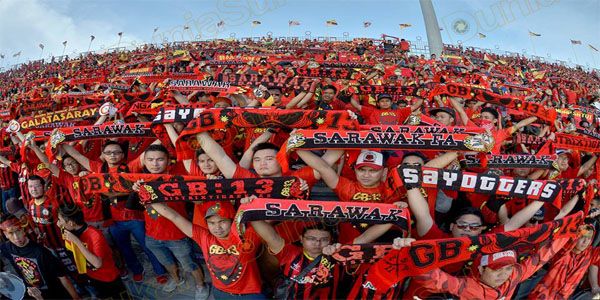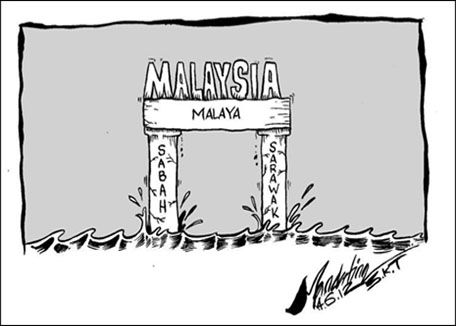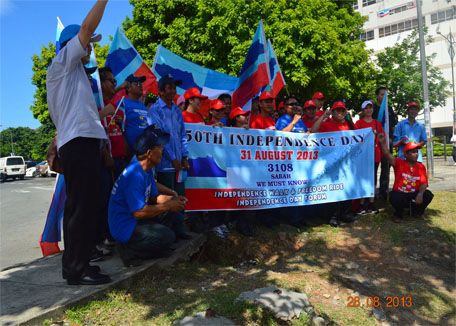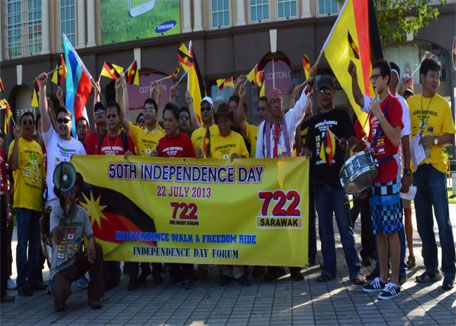Vote for STAR!
Only STAR Party can protect and bring back the Truly concept of Independence and Sovereign Country!
Sarawak for Sarawakian!
The Spirit of Sarawak for Sarawakian is getting stronger everyday!
Is this Sabah and Sarawak fate?
Sabah and Sarawak were promised to have a Self-Government. But what happen after 50 years forming The Federation of Malaysia?
Sabah 50th Independence Day
Sabah or formerly known as North Borneo was granted an Independence by British on 31 August 1963
Sarawak 50th Independence Day
Sarawak was granted Independence by British on 22 July 1963
Friday, 1 November 2013
Meanwhile in MALAYA...
Anyone can say ‘Allah’, not only Muslims - HARUNYAHYA
 |
| Adnan Oktar writes his books under the pen name of Harun Yahya. He is a world-renowned man of ideas. |
By, Rajah Raqafluz
Awakening political awareness - BORNEO FRONT (BARISAN BORNEO)
 |
| Anti-Malaysia protests led by SUPP in 1962 |
By, Rajah Raqafluz
WHY MALAYSIA?
By, Rajah Raqafluz
PRESS ALERT: Filling of writ against Baram dam
2.30 P.M. FOR FILING OF WRIT AGAINST BARAM DAM
SHOW YOUR SUPPORT IF YOU ARE IN MIRI
WE MUST UNITE WITH SARAWAKIANS WHO ARE DEFENDING SARAWAK LAND!
 |
| Peter N.J. Kallang |
A case against Baram Dam will be filled at the Miri High court at 2.30 pm on the 6th October 2013. All those who are against the construction of the Baram dam are invited.
Alert Akhbar: Satu kes saman akan di buat terhadap empangan Baram di Mekamah Tinggi, Miri pada 2.30 petang pada 6 hb Nov. 13. Tolong sampaikan jemputan ini kepada kawan dan sudara masing masing.
Credits: Borneo Wiki
By, Rajah Raqafluz
Alternative to Malaysia - BRUNEI PEOPLE'S PARTY
 |
| A parade for Brunei People's Party-c.1958 |
The Malaysia Agreement 1963 - WE MUST KNOW
 |
| Paramount Chief of the Iban Tun Datuk Patinggi Tan Sri Temenggong Jugah anak Barieng |
By, Rajah Raqafluz
Does Sabah belong to KL? - DATUK DR. JEFFREY KITINGAN
 |
| Datuk Dr. Jeffrey Kitingan is the Chairman of STAR Sabah and State Assemblymen for N33, Bingkor, Sabah. He also contested in P180, Keningau garnering 11900 strong votes |
























